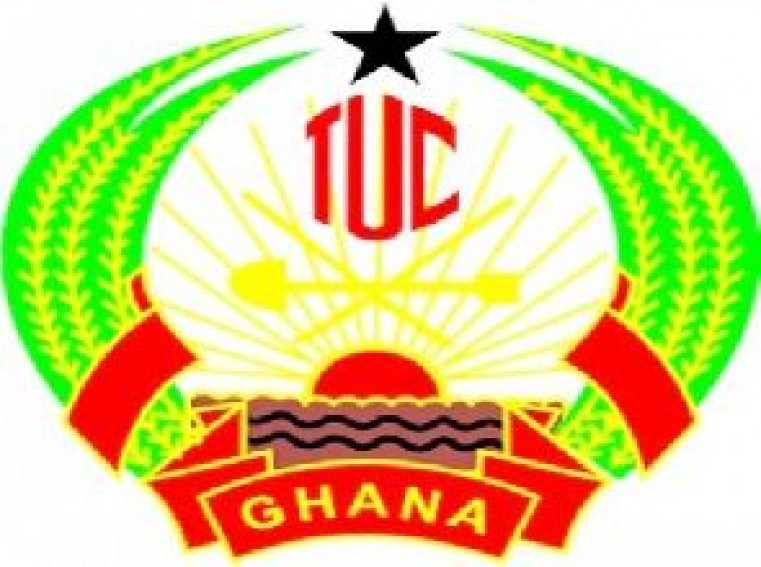The Trades Union Congress (TUC) has expressed strong reservations about the country’s trade policy, saying it has allowed the market to be flooded with cheap imports from particularly the far east.
In a release detailing its review of the 2018 Mid-year Budget, the TUC said the situation is not conducive for job creation, hence, government must review its trade policy to shield domestic firms from unfair competition.
“Ghana’s trade policy is not conducive for job creation. The large volumes of imports that have saturated our markets across the country is an indication that Ghana is importing rather than creating jobs. Ghana can create employment in the right quality and quantity if we can produce a significant proportion of what we consume.
In situations where the private sector struggles to compete with cheap imports, what some countries have done was to find ways of shielding domestic firms that are vital sources of employment. Ghana’s trade policy is rather exposing our weak and fledgling private sector to unfair competition from countries whose governments are using either covert or overt means of supporting their domestic enterprises to produce cheaply at home for exports,” the release said.
The release added that it will be mere lip service for government to challenge domestic firms to up their game and compete with foreign companies if the challenges in the economy, i.e. high cost of capital, high government charges, unreliable supply of power and raw materials, and unnecessary bureaucracy, are not properly addressed to boost their capacity.
The TUC further debunked assertions which seek to defend government’s trade policies, using Ghana’s membership with the World Trade Organisation as an excuse.
“It is true that the global trading system can be very constraining. But the World Trade Organisation (WTO) rules have sufficient safeguards that Ghana can use to our advantage if we want to and, more importantly, if we can overcome the powerful politically connected import lobby in Ghana who is benefiting from the excessive imports.
The managers of our economy are refusing to utilise what is called “policy space” in international trade because, as mentioned above, the import lobby in Ghana is very strong and politically well-connected,” the statement said.
Unemployment rate in the country continuous to soar, a situation some analysts have described as a time bomb.
In its review of the 2018 budget, the Institute of Statistical Social and Economic Research (ISSER) of the University of Ghana, noted that 7.3 percent of persons with tertiary education qualifications are unemployed.
The figure is higher among Junior High and High School leavers: 19.3 percent for persons with secondary school certificates; and 11.3 percent for BECE certificate holders.
The TUC urged government to address challenges in the economy and review its trade policies in a way that will build capacities of local firms so that they can expand to create more jobs, and also compete with foreign products.
“In order to break this cycle of jobless growth, our government needs to review our trade policy, our investment policies and our procurement policies to make them pro-jobs. Many countries facing a similar import surge that threatens domestic firms and jobs have raised their ‘applied tariff rates’ towards ‘bound tariff rates’. Ghana can and must do so now,” the TUC said.
Source: thebftonline.com
